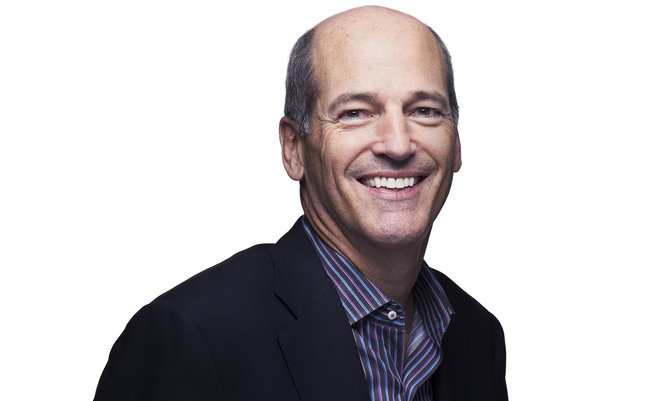It is a transformative period for the music industry. Unlike any other time in history, new technologies have enabled nearly limitless connections between listeners and the music they love. We know this is so because at Pandora, making those connections is our business and our passion. By making licensed music effortlessly accessible to the masses, services like ours foster discovery and excitement between artists and fans, creating a virtuous cycle of new revenue and opportunity. According to Pandora’s own research, over a trillion songs have been played already this year on music streaming services alone. The future of music is indeed very bright, and while the digital revolution has not always been an easy ride for any of us, we are moving toward a bigger, more inclusive world of music for all of us.
One of the most recent debates along the ride revolves around the merits of “subscription” versus “free” services. For some in the music industry, it has unfortunately become a bright line: subscription = good; free to the listener = bad. And there are some free services that rights holders can absolutely argue devalue music. These are ones that charge no fee and deliver unlimited music “on-demand,” including examples like the original Napster, user uploading and sharing sites, and — according to some observers — the “freemium” services currently offered by some on-demand services. However, the real definition of free is far more nuanced. And what is not fully appreciated is that “free,” or more accurately, “ad-supported / free to the listener” opens up tremendous opportunity for the music industry.
Just because a service doesn’t require a subscription fee doesn’t mean the music is free. Many streaming radio services are “free to the listener” (including Pandora) but listeners absolutely do pay. Just as with other ad-supported platforms outside the music industry, they give their time and attention to the goods and services advertised on the platform. It turns out that attention is very valuable, and for Pandora, extremely so, as we recently surpassed the $1.5 billion mark in all-time royalty payments to rights holders. Eighty percent of those payments were generated by revenue from our ad-supported business. These are meaningful dollars, for sure, but it is just the beginning. For every one percent of U.S. radio listening that moves from terrestrial radio to Pandora, rights holders receive an additional $50 million in royalties per year added to the approximately $500 million we will pay in 2015.
Embracing this distinction is essential to the future of music because all evidence indicates that the overwhelming majority of Americans cannot, or will not, pay a monthly music subscription fee. Those listeners don’t value music any less, nor do they intend to steal it; in fact, legal services like Pandora play an important role in significantly reducing piracy. It simply means we need a different model to serve this massive audience. And the good news is that model also happens to open up new and much-needed revenue streams for the music industry. Consider this: according to the Recording Industry Association of America (RIAA), the total U.S. market for music subscription services was only $800 million in 2014. Compare that to the $40 billion radio and digital advertising market, and it becomes clear that ad-supported is a powerful force for music.
This is not an either/or proposition — it is both. Ad-supported and subscription each serve important functions in connecting artists and audiences, providing revenue opportunities for music makers, and distributing their music as widely as possible. Streaming services like Pandora expose more music to more listeners — Pandora plays more than 130,000 artists each month — and some of those listeners then choose to subscribe to an on-demand service in much the same way they did in the old paradigm where many terrestrial radio listeners went on to buy albums. Listeners in both groups buy concert tickets and merchandise; in fact, Pandora recently helped Odesza, an up-and-coming band with an audience on Pandora that is 50 times greater than terrestrial radio, sell out a 3,000-seat venue in just 27 minutes with a simple, targeted messaging campaign. Earlier this year, we helped sell over 50,000 tickets for The Rolling Stones‘ Zip Code tour in 24 hours. This is why we focus so much attention on serving the tens of millions of people who can’t or won’t pay a subscription fee, turning their engaged ears into fair and healthy royalties for artists and songwriters.
The “true north” of our industry should always be to bring as many listeners and musicians together as possible to enjoy and discover music they love on any platform that is 100 percent licensed, legal and monetized. That singular focus will create the energy and excitement for music that propels our industry forward. Rather than choose between “subscription” versus “free to the listener,” we affirmatively choose both, and we are eager to work with partners across the industry to focus on an “all-of-the-above” future of music. Rather than shrink our collective opportunity, let’s make the world of licensed music bigger and harvest every source of potential revenue and exposure for artists, labels, publishers, songwriters and music lovers.
Brian McAndrews is the President and CEO of Pandora.
[Billboard]

